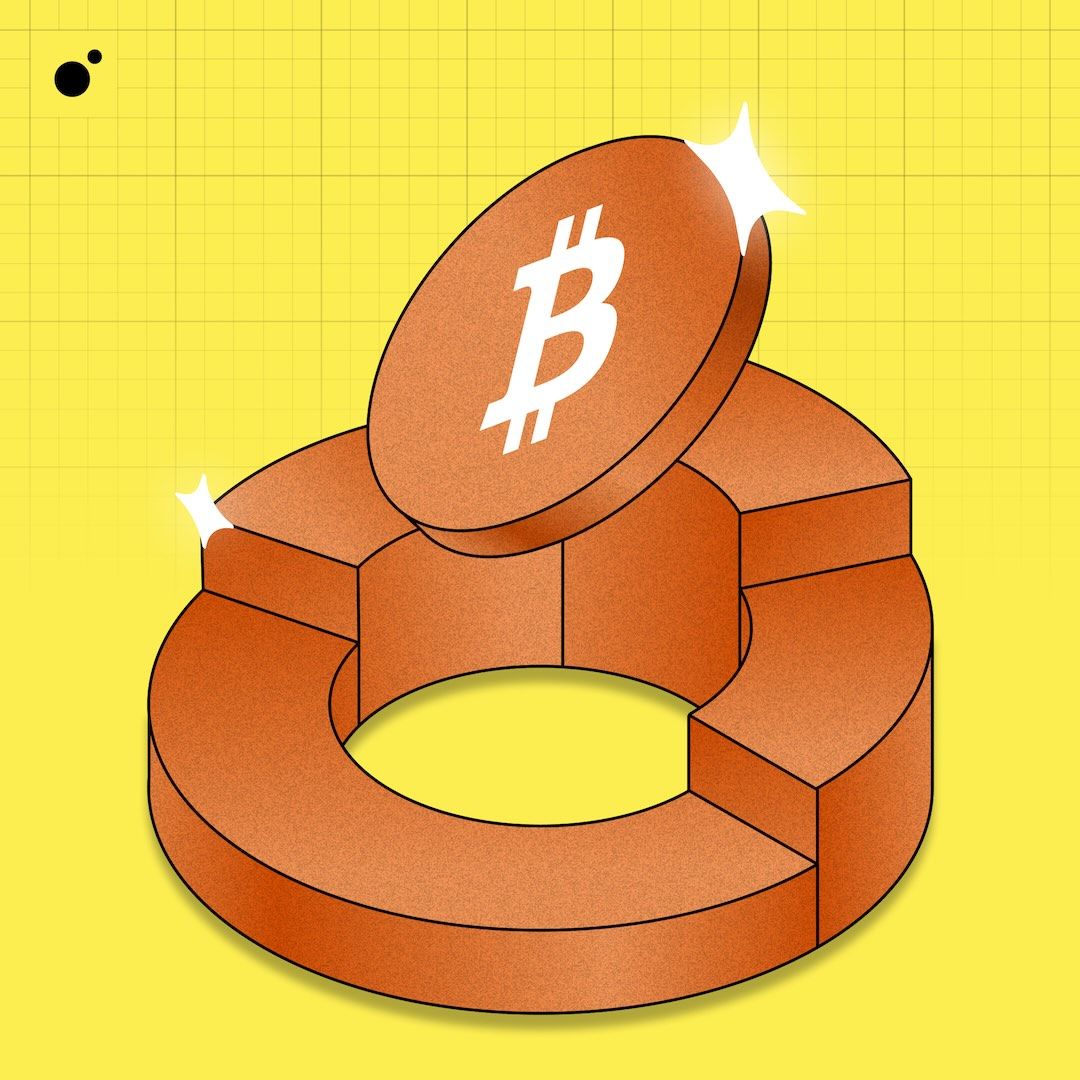Tokenomics
By Geoffrey Lyons

Tokenomics (“token economics”) refers to the design of a cryptocurrency that encompasses aspects like supply, allocation, and utility.
There are tens of thousands of cryptocurrencies and they all work in different ways. Bitcoin has a fixed supply of 21 million whereas Ethereum has no supply cap. Solana allows token holders to nominate validators (those who verify transactions), whereas many cryptocurrencies don’t even have validators.
Broadly speaking, these cryptocurrencies have different tokenomics.
Sign up to our weekly MoonPay Minute newsletter
Whitepapers
Usually a cryptocurrency’s tokenomics are laid out in a blockchain’s whitepaper, a short document that outlines the project’s:
Vision
The ultimate aim of the project
Technical details
How things will work under the hood
Early sale info
How tokens will be distributed
Some whitepapers just focus on one of these elements. Solana’s whitepaper, for example, focuses mainly on the project’s technical details.
Comparing tokenomics
Supply (amount of tokens)
Bitcoin
Max supply 21M
Ethereum
No supply cap
Solana
No supply cap
Utility (a token’s primary use cases)
Bitcoin
P2P exchange
Ethereum
P2P exchange, pays network transaction fees
Solana
P2P exchange, pays network transaction fees
Burning (removing tokens from circulation)
Bitcoin
No tokens burned
Ethereum
Small amount burned every transaction
Solana
50% of each transaction fee burned
Allocation (how tokens are distributed at launch)
Bitcoin
Only obtainable through mining or P2P exchange
Ethereum
Crowdsale (83%), early contributors (8.5%), and Ethereum Foundation (8.5%)
Solana
Team, foundation, and community reserve (63%), four private sales (35.4%), one public sale (1.6%)
Staking (locking tokens to support network operations)
Bitcoin
Cannot be staked
Ethereum
Staked to secure the network
Solana
Staked to secure the network
Governance (power of token holders to govern blockchain)
Bitcoin
Fully decentralized, so changes happen only if vast majority of participants agree
Ethereum
Governance happens off-chain by a variety of stakeholders
Solana
Governance happens on-chain through community of validators
Subscribe to our newsletter!
Did you like this article? Sign up to our weekly MoonPay Minute newsletter to get similar content delivered directly to your inbox.
